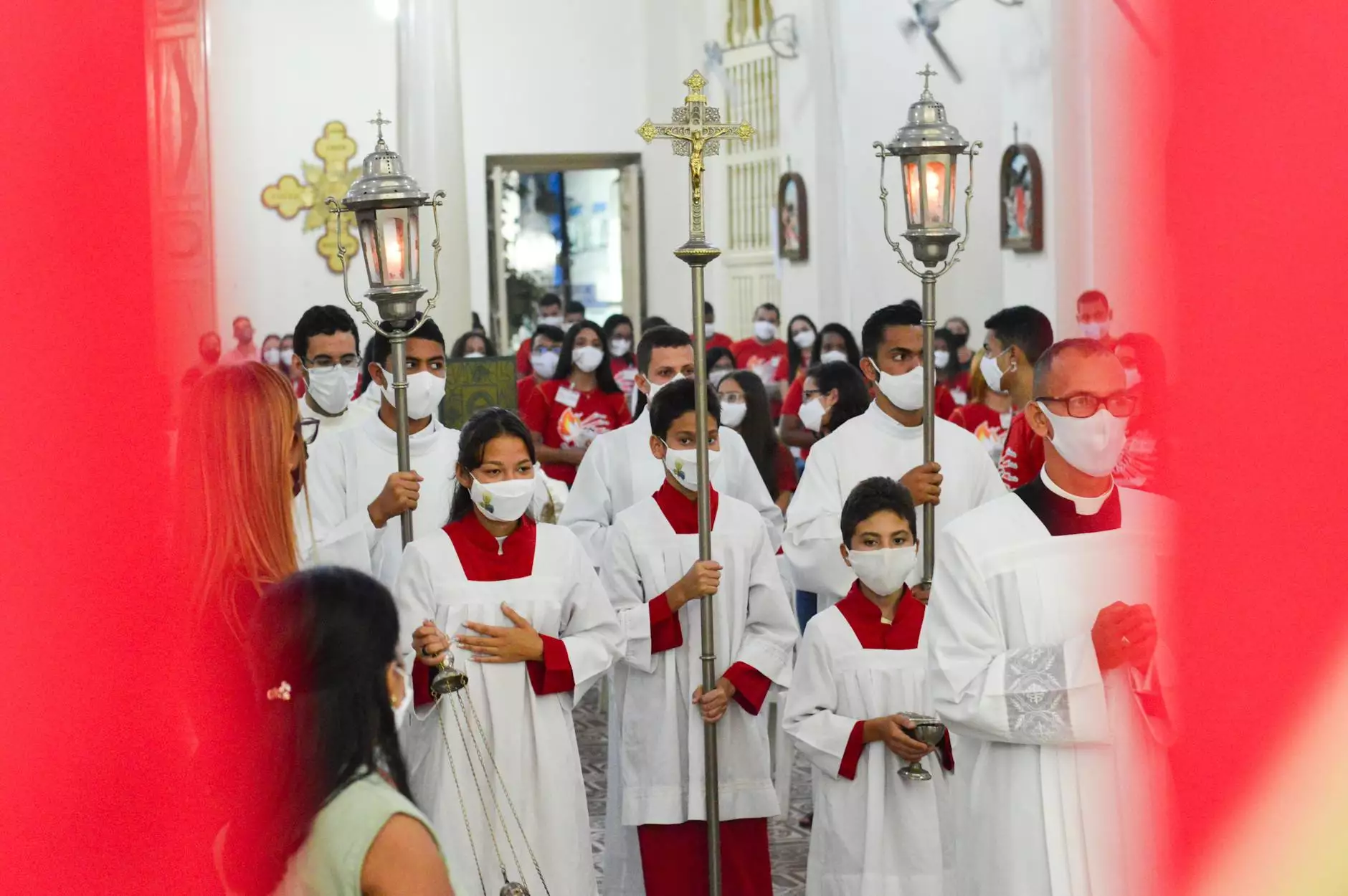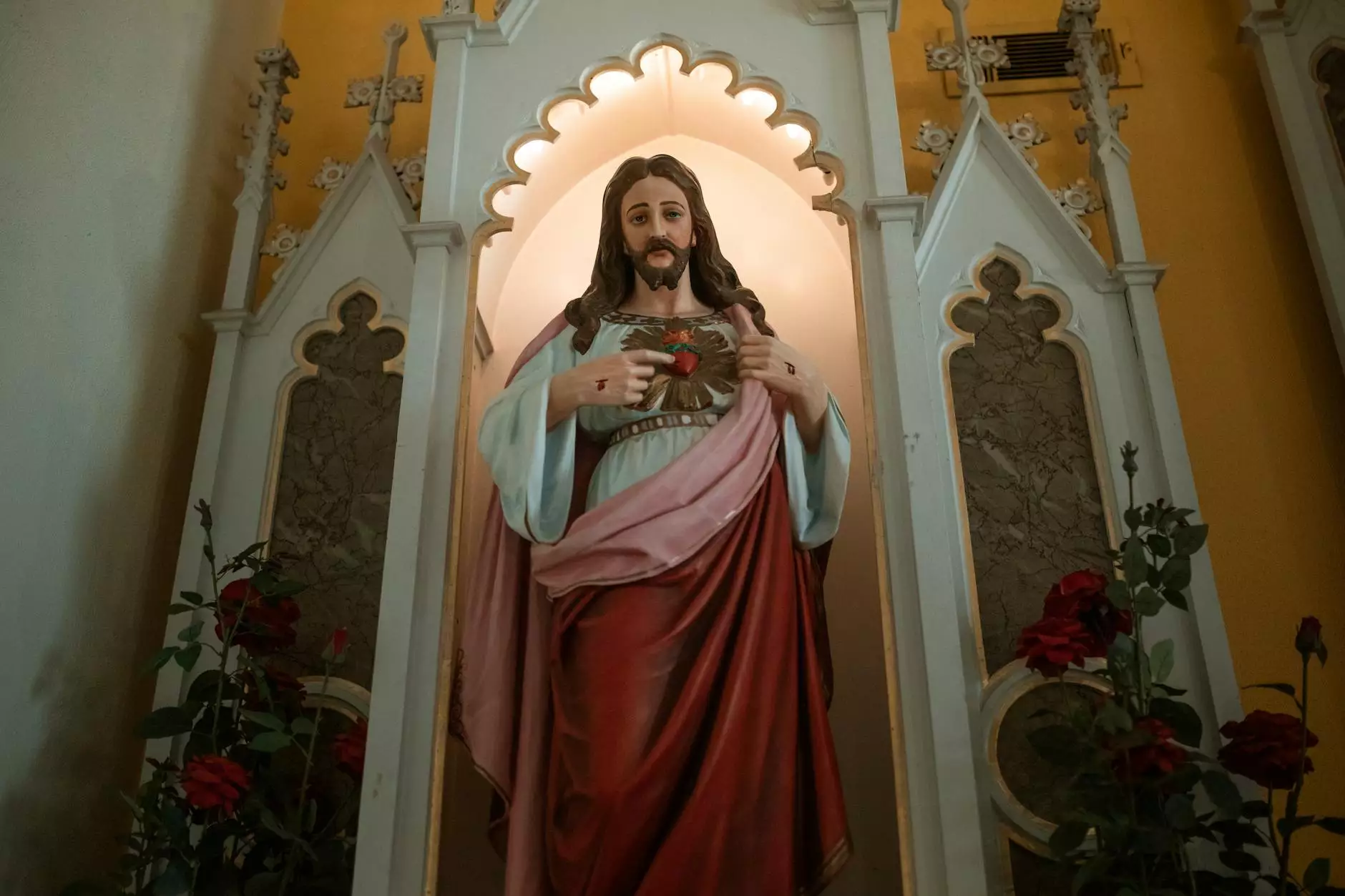Ashes and Sackcloth and the Hope of Lent
1st Friday Devotion
The Significance of Lent
Lent is a significant season in the Christian calendar observed by believers around the world. It is a period of forty days, excluding Sundays, that begins on Ash Wednesday and ends on Holy Saturday. During this time, Christians reflect on the passion, death, and resurrection of Jesus Christ.
The Tradition of Ashes and Sackcloth
Ash Wednesday marks the beginning of Lent and is known for the ritual of receiving ashes on the forehead in the shape of a cross. This humble act symbolizes repentance, reminding us of our mortality and the need for God's forgiveness. Beyond the ashes, sackcloth is another symbolic element associated with Lent. In biblical times, wearing sackcloth was a sign of mourning, penance, and humility.
Embracing Repentance and Humility
The use of ashes and sackcloth during Lent invites individuals to pause, reflect, and acknowledge their shortcomings. It is a time to turn away from sinful habits and unhealthy patterns of living. By embracing repentance, individuals can experience spiritual growth, healing, and restoration.
The Spiritual Journey of Lent
Throughout Lent, Christians are encouraged to engage in various spiritual practices such as prayer, fasting, and almsgiving. These acts of devotion foster a deeper connection with God, helping believers to draw closer to Him and experience His love and grace in their lives.
Prayer: Deepening the Relationship with God
Prayer is a vital aspect of the Lenten season. It provides a pathway for individuals to communicate with God, express gratitude, seek guidance, and find solace in times of difficulty. Through prayer, believers can deepen their relationship with God and allow Him to strengthen their faith.
Fasting: Discipline and Spiritual Reflection
Fasting during Lent involves voluntarily abstaining from certain foods or activities. By denying ourselves in this way, we develop self-discipline, foster empathy for the less fortunate, and cultivate a heightened awareness of God's presence in our lives. Fasting also allows us to redirect our focus from worldly desires to spiritual reflection.
Almsgiving: Serving Others with Generosity
Lent encourages believers to practice almsgiving, which involves acts of charity and generosity towards others in need. By sharing our resources and time, we develop compassion, build community, and imitate Christ's selfless love. Almsgiving brings hope and transformation not only to those we serve but also to our own hearts.
The Hope of Lent
While Lent initially focuses on repentance and self-examination, it ultimately leads to the joyful celebration of Easter. The resurrection of Jesus Christ signifies victory over sin and death, offering hope to all who believe. Lent serves as a powerful reminder of God's boundless love, mercy, and the promise of new life.
Renewal and Transformation
Through the practices of Lent, individuals and communities are invited to experience personal renewal and transformation. As we journey through this season, we are reminded of the hope found in Christ's sacrifice and the promise of redemption. Lent encourages us to let go of the old, embrace the new, and live lives rooted in faith, love, and service.
Embark on a Meaningful Lenten Journey
Lent provides a unique opportunity for believers to deepen their faith, grow spiritually, and draw closer to God. The traditions of ashes and sackcloth, coupled with prayer, fasting, and almsgiving, create a sacred space for reflection and transformation. As Bible Baptist Church, we invite you to embrace the significance of Lent and embark on a meaningful journey towards Easter, discovering the hope and joy it brings to your life.










